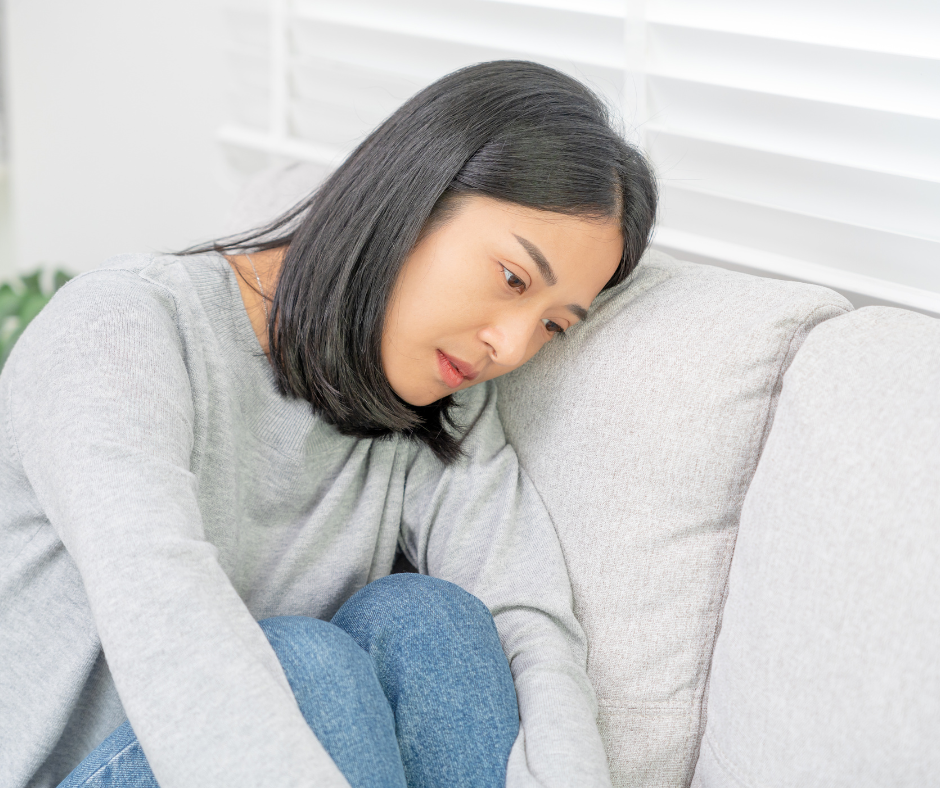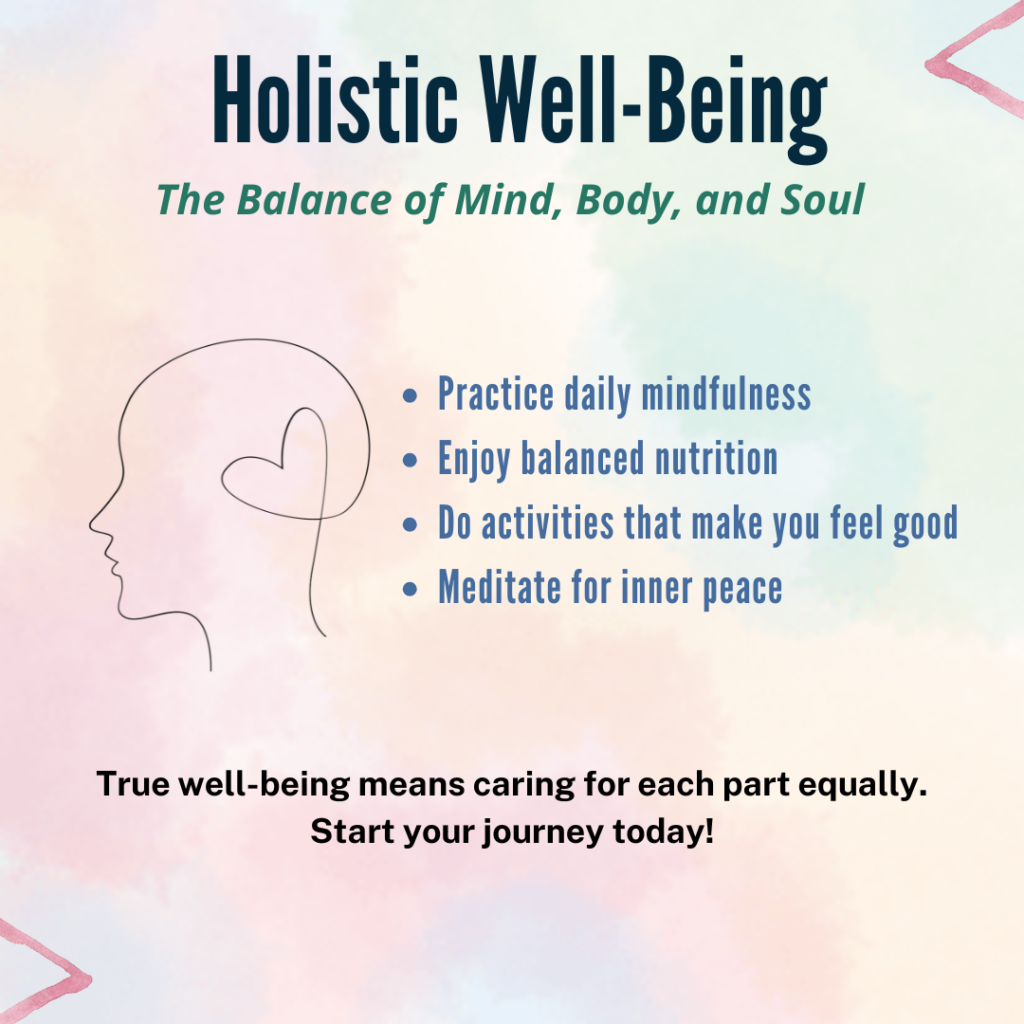
Yes, Mental Illness Can Cause Physical Symptoms — Here’s Why
Have you ever felt like your body is betraying you with unexplained aches and pains, just when you’re already feeling mentally overwhelmed? You’re not alone. Mental health struggles can indeed lead to physical symptoms, and it’s important to understand why and what you can do about it.
The Connection Between Mind and Body
Mental health isn’t just about how you feel emotionally; it affects your entire body.
For instance, you might experience:
-
- Muscle tension
- Headaches
- Digestive issues, like stomach pain or diarrhoea
- Feelings of fatigue and sluggishness
Why Does Mental Stress Cause Physical Problems?
Think of your body’s stress response as an evolutionary alarm system. When faced with danger, your body floods with stress hormones like adrenaline and cortisol. This reaction helps you either fight or run away.
But if stress becomes a constant part of your life, these hormones stay elevated, and your body can’t return to a restful state. This prolonged stress can lead to:
-
- Constant headaches and migraines
- Muscle soreness
- Digestive problems
- Sleep disturbances
Anxiety and depression can also make you more sensitive to pain. The parts of your brain that handle pain are closely linked with those managing your mood.
This connection means that stress and mental health issues can make physical pain feel worse.
The Double-Edged Sword
There’s a frustrating duality when it comes to mental and physical health. On one side, mental health issues can lead to real physical symptoms. On the other, people sometimes dismiss physical symptoms as “all in your head,” not taking them seriously

Our mind, body, and soul are deeply connected.
-
- Mind: Shapes our reality and perceptions.
- Body: Our vessel for experiencing life and impacting mental health.
- Soul: Connects us to our higher self and the universe.
What Can You Do?
-
- Mindfulness: Stay present and observe thoughts and sensations without judgment.
- Meditation: Connect with your soul for relaxation and inner peace.
- Exercise: Boost mood and reduce stress through physical activity.
- Nutrition: Support health with a balanced, nutrient-rich diet.
- Get a Check-Up: If tests don’t show a clear reason, consider a mental health evaluation
- Seek Therapy: A therapist can help you understand and manage the connection between your mind and body.
Remember, whether your pain stems from physical or mental sources, it’s real and worth addressing. Your well-being deserves attention and care, so don’t hesitate to seek the help you need.



